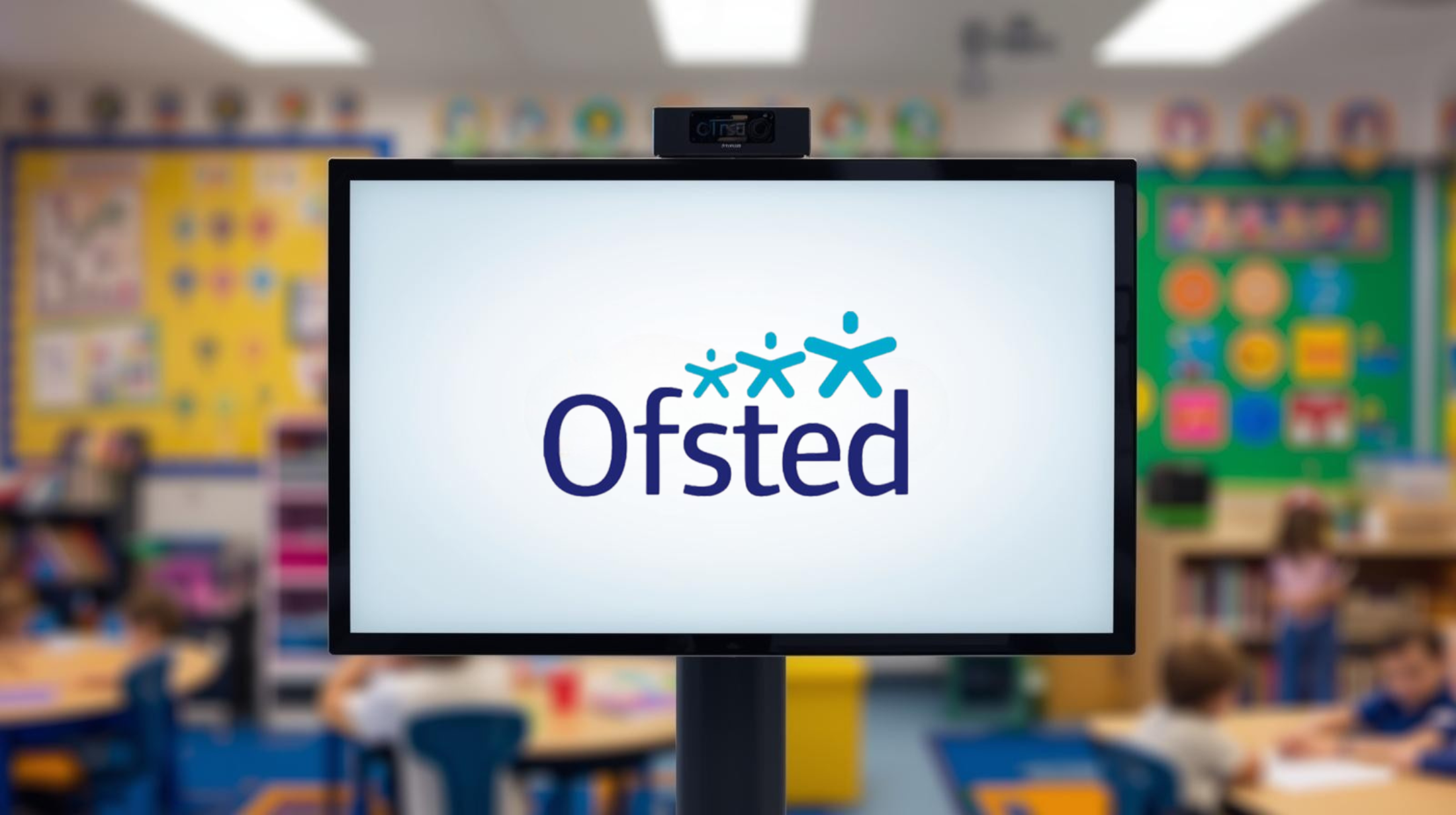What the New Ofsted Toolkit Means for EAL Pupils

Ofsted’s new State-Funded School Inspection Toolkit (coming into effect in November 2025), alongside guidance from organisations such as The Bell Foundation, sets out clearer expectations for how schools support pupils who speak English as an Additional Language (EAL).
Here’s what you need to know:
- Recognise Every Language Counts: Inspectors expect leaders and teachers to value the fact that EAL pupils already speak at least one language. English may be developing, but expectations for learning should remain high.
- Assess and Track Carefully: Schools must accurately assess each pupil’s English language proficiency and monitor progress regularly to understand needs and measure improvement.
- Build in Talk Time: Classrooms should provide plenty of chances for pupils to speak with staff and peers. Activities that use scaffolding, modelling, and structured discussion help pupils explain what they know and deepen understanding.
- Tackle Barriers to Learning: The toolkit places strong emphasis on inclusion. Schools will need to show how they identify and address barriers to learning and wellbeing, with EAL learners explicitly included.
- Use Data to Show Progress: Inspectors will review data on outcomes, attendance and progress for key groups including EAL pupils, to see how well they are achieving compared with their starting points.
Best Practice for Supporting EAL Learners
To meet Ofsted’s expectations and more importantly to help EAL pupils thrive, schools can focus on these key areas:
Assessment and Data
- Carry out a baseline English assessment (speaking, listening, reading, writing) after each pupil arrives.
- Monitor progress termly, using clear benchmarks.
- Track outcomes and attendance separately for different proficiency levels to spot trends early.
Why it matters: Provides solid evidence that you know your pupils’ needs and can show measurable progress.
Curriculum and Teaching
- Scaffold lessons with visuals, modelling, key vocabulary and sentence starters.
- Plan structured talk opportunities: partner work, group discussions and peer teaching.
- Differentiate tasks so pupils are challenged and supported, not watered down.
- Build subject specific vocabulary systematically into teaching.
Why it matters: Ensures pupils access the curriculum while developing English, a key indicator of quality teaching.
Leadership and Staff Development
- Train staff in effective strategies for language development.
- Appoint an EAL lead to oversee induction, tracking, and support.
- Include EAL provision in school improvement plans and self-evaluations.
Why it matters: Inspectors look for strong leadership and whole school commitment to inclusion.
Induction and Inclusion
- Offer a welcoming induction programme covering academic, social and emotional needs.
- Build relationships with families, using interpreters or translated materials when needed.
- Celebrate cultural and linguistic diversity in displays, events and lessons.
Why it matters: A strong sense of belonging supports wellbeing and engagement, key areas under Ofsted’s inclusion focus.
Interventions and Support
- Provide small group or 1:1 English support for beginners.
- Use Individual Language Plans (ILPs) to personalise learning.
- Pair pupils with buddies for extra support.
- Create a language rich environment with dual language books and varied reading materials.
Why it matters: Targeted support helps close gaps in progress and attainment.
Evidence and Inspection Readiness
- Keep clear records of strategies, assessments, language support plans and examples of pupil work.
- Log CPD sessions focused on EAL and inclusion.
- Be ready to present data showing progress from entry to current levels.
Why it matters: Ofsted will want to see not only plans but tangible impact.
The new Ofsted toolkit places language development and inclusion at the heart of school inspections. By valuing pupils’ first languages, providing structured language support and tracking progress carefully, schools can give EAL learners the best possible start and show inspectors that every child is being set up to succeed.
Do you need support with EAL students in your school?
If you'd like support and guidance on how to best support EAL students, please get in touch
Article by
Rashda Salamat
English as an additional language Teacher
The Inclusive Learning and Achievement Service (ILAS)
rashda.salamat@northtyneside.gov.uk


